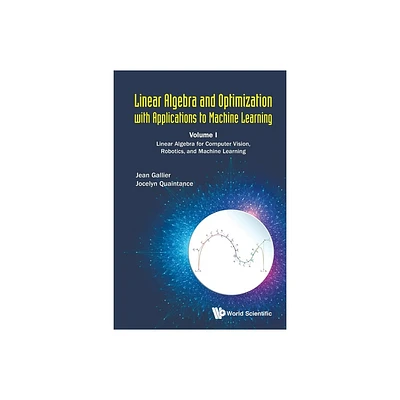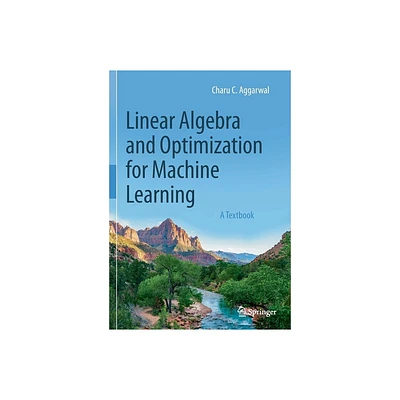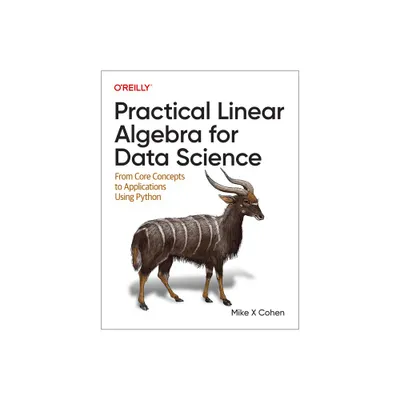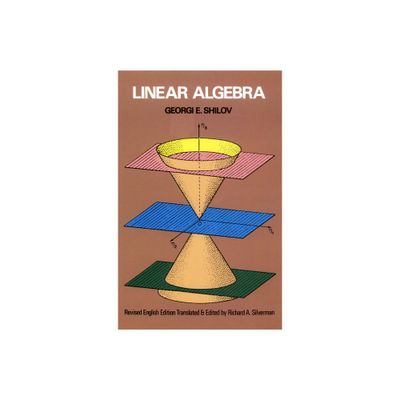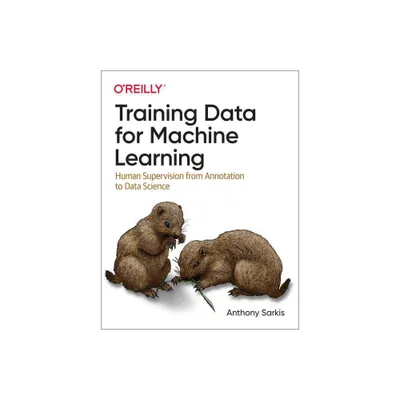Home
Linear Algebra With Machine Learning and Data
Loading Inventory...
Barnes and Noble
Linear Algebra With Machine Learning and Data
Current price: $100.00


Barnes and Noble
Linear Algebra With Machine Learning and Data
Current price: $100.00
Loading Inventory...
Size: OS
*Product Information may vary - to confirm product availability, pricing, and additional information please contact Barnes and Noble
This book takes a deep dive into several key linear algebra subjects as they apply to data analytics and data mining. The book offers a case study approach where each case will be grounded in a real-world application.
This text is meant to be used for a second course in applications of Linear Algebra to Data Analytics, with a supplemental chapter on Decision Trees and their applications in regression analysis. The text can be considered in two different but overlapping general data analytics categories: clustering and interpolation.
Knowledge of mathematical techniques related to data analytics and exposure to interpretation of results within a data analytics context are particularly valuable for students studying undergraduate mathematics. Each chapter of this text takes the reader through several relevant case studies using real-world data.
All data sets, as well as Python and R syntax, are provided to the reader through links to Github documentation. Following each chapter is a short exercise set in which students are encouraged to use technology to apply their expanding knowledge of linear algebra as it is applied to data analytics.
A basic knowledge of the concepts in a first Linear Algebra course is assumed; however, an overview of key concepts is presented in the Introduction and as needed throughout the text.
This text is meant to be used for a second course in applications of Linear Algebra to Data Analytics, with a supplemental chapter on Decision Trees and their applications in regression analysis. The text can be considered in two different but overlapping general data analytics categories: clustering and interpolation.
Knowledge of mathematical techniques related to data analytics and exposure to interpretation of results within a data analytics context are particularly valuable for students studying undergraduate mathematics. Each chapter of this text takes the reader through several relevant case studies using real-world data.
All data sets, as well as Python and R syntax, are provided to the reader through links to Github documentation. Following each chapter is a short exercise set in which students are encouraged to use technology to apply their expanding knowledge of linear algebra as it is applied to data analytics.
A basic knowledge of the concepts in a first Linear Algebra course is assumed; however, an overview of key concepts is presented in the Introduction and as needed throughout the text.

